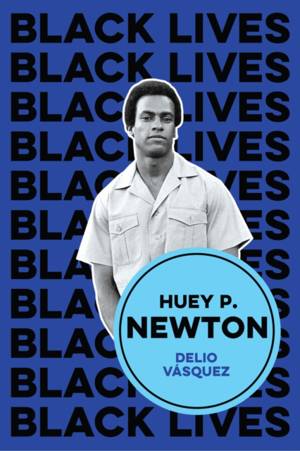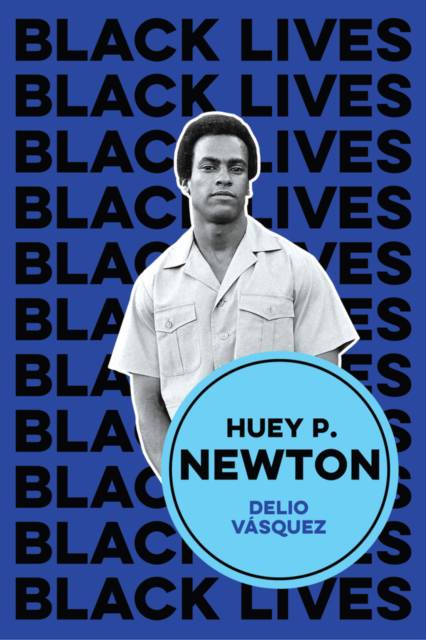
Bedankt voor het vertrouwen het afgelopen jaar! Om jou te bedanken bieden we GRATIS verzending (in België) aan op alles gedurende de hele maand januari.
- Afhalen na 1 uur in een winkel met voorraad
- In januari gratis thuislevering in België
- Ruim aanbod met 7 miljoen producten
Bedankt voor het vertrouwen het afgelopen jaar! Om jou te bedanken bieden we GRATIS verzending (in België) aan op alles gedurende de hele maand januari.
- Afhalen na 1 uur in een winkel met voorraad
- In januari gratis thuislevering in België
- Ruim aanbod met 7 miljoen producten
Zoeken
€ 25,45
+ 50 punten
Uitvoering
Omschrijving
Huey P. Newton was called many things in his time: revolutionary, genius, criminal, even the most surveilled human being in world history. Yet, little is known about him still because of persistent distortions to his name and legacy as co-founder of the Black Panther Party.
In this new and much-needed intellectual biography, political theorist Delio Vásquez establishes Newton as a true and original philosopher. Newton's compassion for the suffering of the people of the streets led him to develop innovative theories for how the most oppressed could spearhead revolutionary change against rising technocracy through communal defense of loving communities. The Panthers forged alliances with Black student unions and street gangs, Hollywood elites and poor whites, the gay liberation movement and Third World nations.
Newton left behind dozens of unpublished manuscripts analyzing anthropology, politics, feminist thought, education, philosophy, evolutionary biology, and theology - ideas presented here for the first time. Vásquez also puts into proper perspective Newton's late descent into addiction and madness, a direct effect of U.S. government techniques of war that targeted his mind, body, and soul in ways that are still all too relevant. Today, Newton's maxim "I am we," resounds more than ever.
In this new and much-needed intellectual biography, political theorist Delio Vásquez establishes Newton as a true and original philosopher. Newton's compassion for the suffering of the people of the streets led him to develop innovative theories for how the most oppressed could spearhead revolutionary change against rising technocracy through communal defense of loving communities. The Panthers forged alliances with Black student unions and street gangs, Hollywood elites and poor whites, the gay liberation movement and Third World nations.
Newton left behind dozens of unpublished manuscripts analyzing anthropology, politics, feminist thought, education, philosophy, evolutionary biology, and theology - ideas presented here for the first time. Vásquez also puts into proper perspective Newton's late descent into addiction and madness, a direct effect of U.S. government techniques of war that targeted his mind, body, and soul in ways that are still all too relevant. Today, Newton's maxim "I am we," resounds more than ever.
Specificaties
Betrokkenen
- Auteur(s):
- Uitgeverij:
Inhoud
- Aantal bladzijden:
- 224
- Taal:
- Engels
- Reeks:
Eigenschappen
- Productcode (EAN):
- 9781509543342
- Verschijningsdatum:
- 17/02/2026
- Uitvoering:
- Paperback
- Formaat:
- Trade paperback (VS)

Alleen bij Standaard Boekhandel
+ 50 punten op je klantenkaart van Standaard Boekhandel
Beoordelingen
We publiceren alleen reviews die voldoen aan de voorwaarden voor reviews. Bekijk onze voorwaarden voor reviews.









